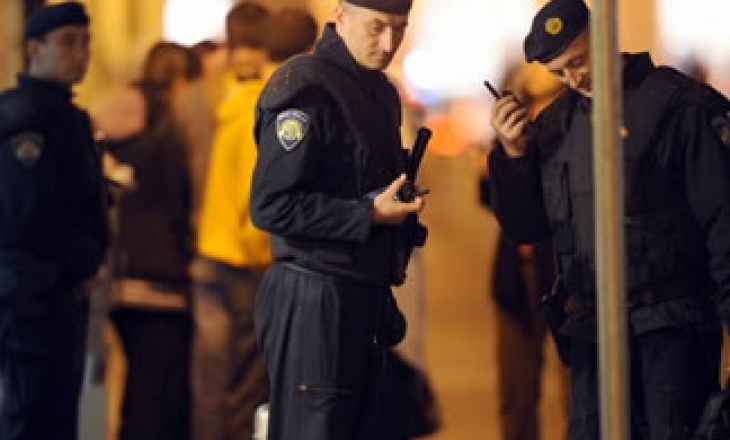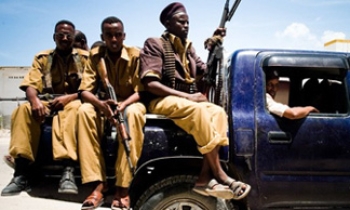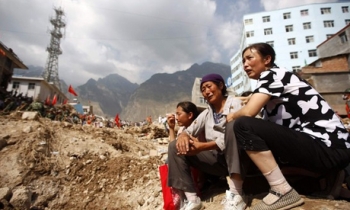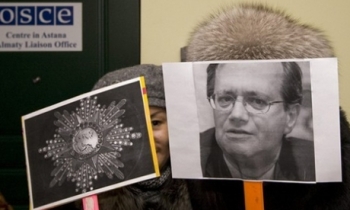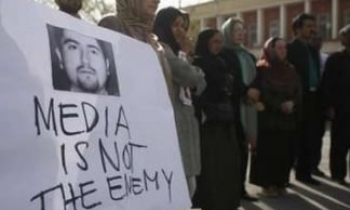There has been a string of threats issued against journalists in Southeast Europe, rendered particularly ominous by violent attacks on journalists throughout 2008.
Last week, Drago Hedl, a columnist for the Croatian Jutarnji List, received an SMS threatening to "massacre" him, just as a parliament member accused of war crimes was holding a press conference during which he singled out for criticism Hedl's writings.
Other threats include those made against Hrvoje Appelt, a Croatian journalist for the Zagreb-based weekly Globus. On November 20, Appelt found a device that turned out to be a fake bomb under his car. Appelt has in the past published several articles about smuggling activities in Croatia.
Also on November 20, a verbal threat was issued against editors of Story magazine by a Croatian football player. According to sources from Story, the football player made his threats during a visit to the magazine's newsroom, where he harassed Vladimir Milinovic, the editor of the magazine's webpage, as well as a photojournalist, Tino Banic.
These threats follow several physical attacks against journalists in Croatia during 2008, underscoring the seriousness of the risks faced by the media in that country, the Vienna-based South East Europe Media Organisation (SEEMO) says. The violence peaked with the October 23 murders of Ivo Pukanic, journalist and owner of the NCL Media Group in Zagreb, and Niko Franjic, marketing director of the newspaper Nacional, which is published by NCL.
Threats have also been issued in Serbia. Vukasin Obradovic, owner of the weekly Novine Vranjske, and his family, who live in Vranja, Serbia, have received several threats during the last few months. In one incident, an unknown person warned Obdradovic's daughter that her father would be killed within ten days. Obradovic has been the target of numerous death threats during the past years.
Also in Serbia, Slavko Savic and Cedomir Savic, of RTV Kursumlija, were threatened by a group of local politicians and five army reservists. The men, who were unhappy about a particular report aired on the station, entered RTV Kursumlija's premises in the evening and threatened to murder Slavko Savic, the station's editor.
Harassment against journalists also continues to come in other forms. Cristina Dumitrescu, a Romanian journalist for Radio Romania, the country's national public radio broadcaster, was informed by telephone that the Ministry for Foreign Affairs of Moldova had declined to issue her an accreditation card. She applied for accreditation, which is necessary to work in the Republic of Moldova, on October 13, when she arrived in Chisinau.
SEEMO has condemned this decision, which comes after several other journalists working for Romanian media faced denials and delays when seeking accreditation to be able to work in Moldova. SEEMO is concerned that these developments, which further tarnish the region's press freedom record, could lead to further violence against the media. It urges the relevant authorities to take seriously the potential risks these incidents represent.

